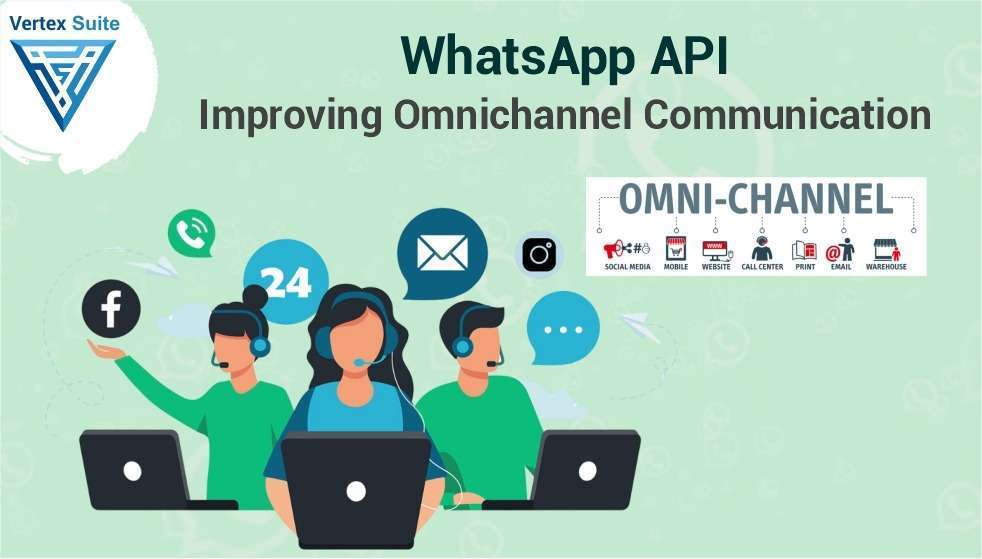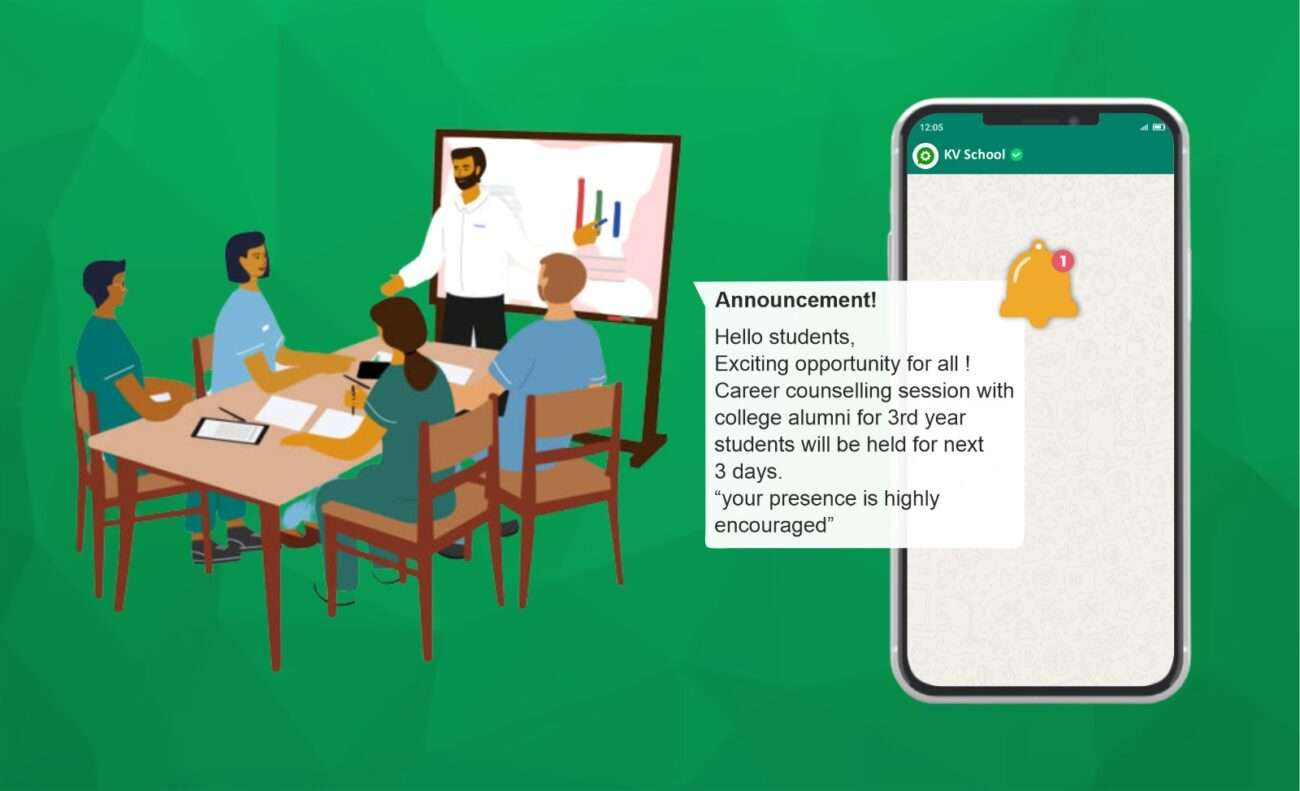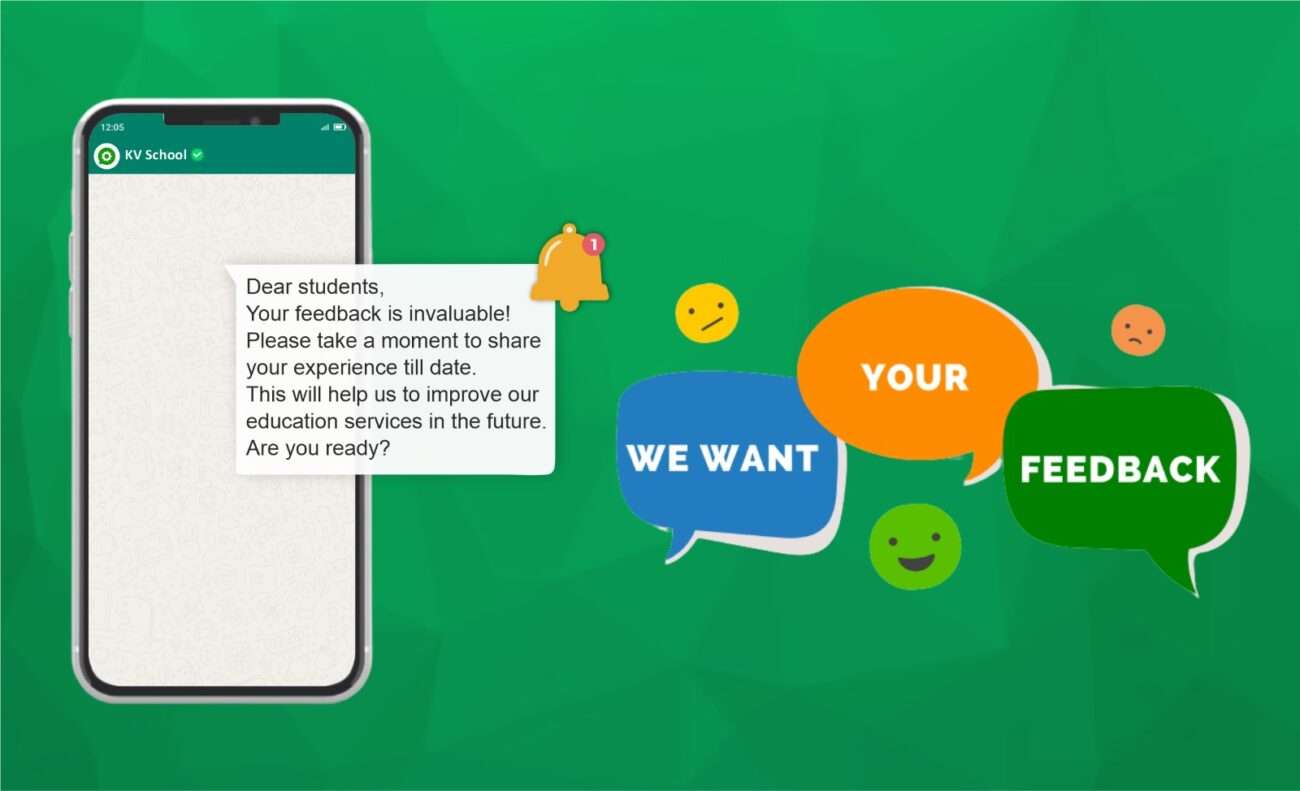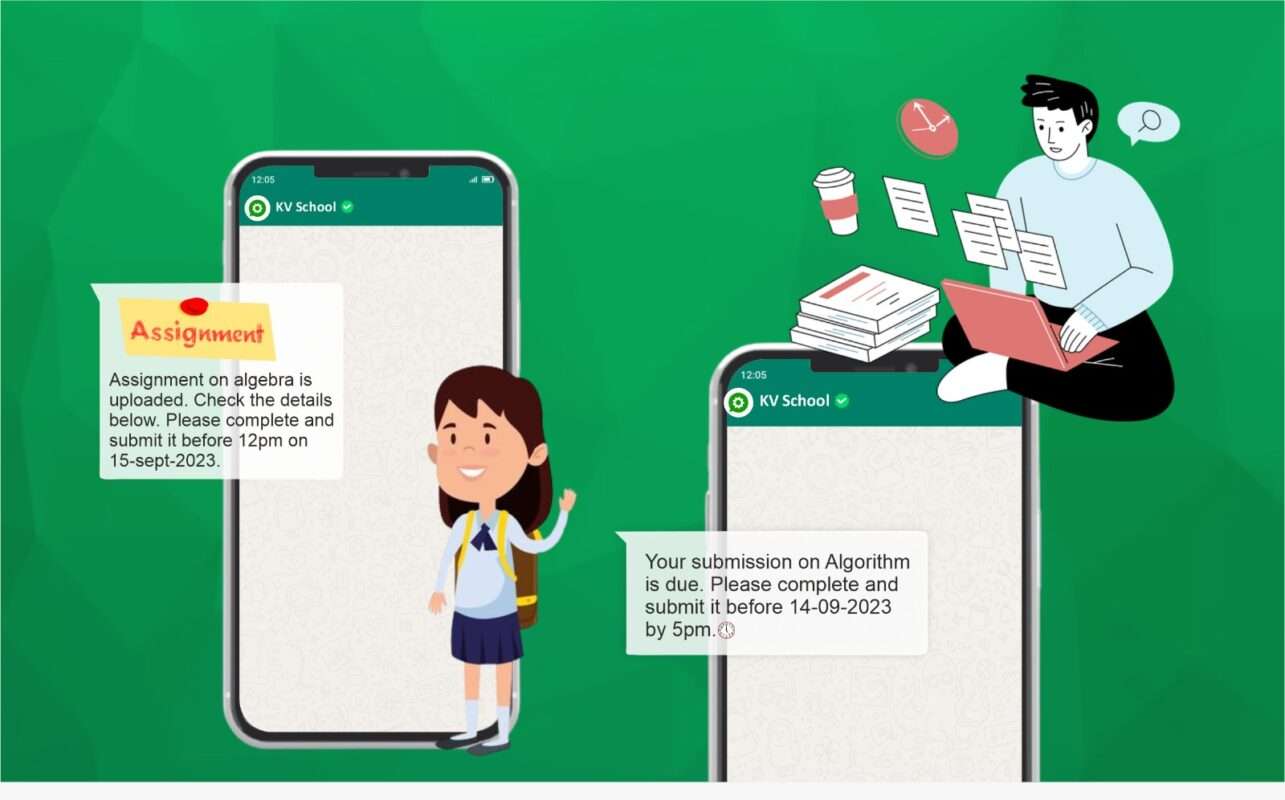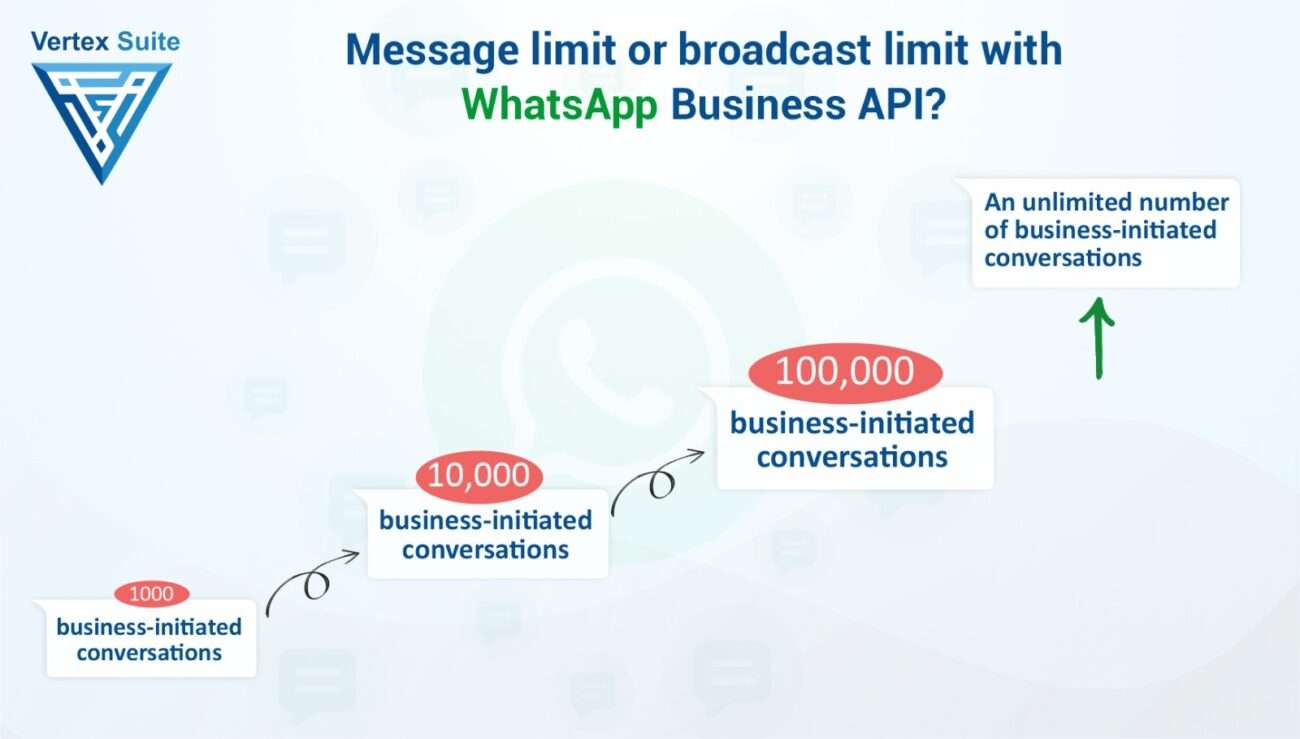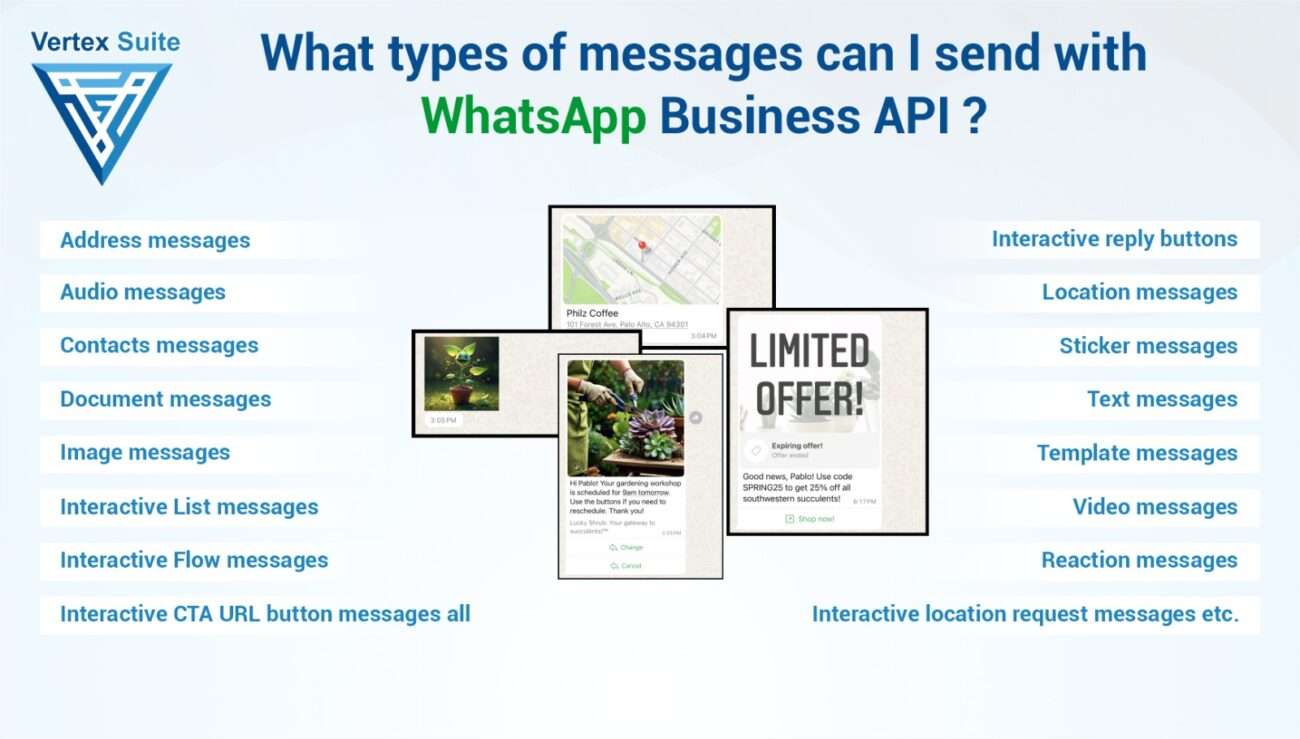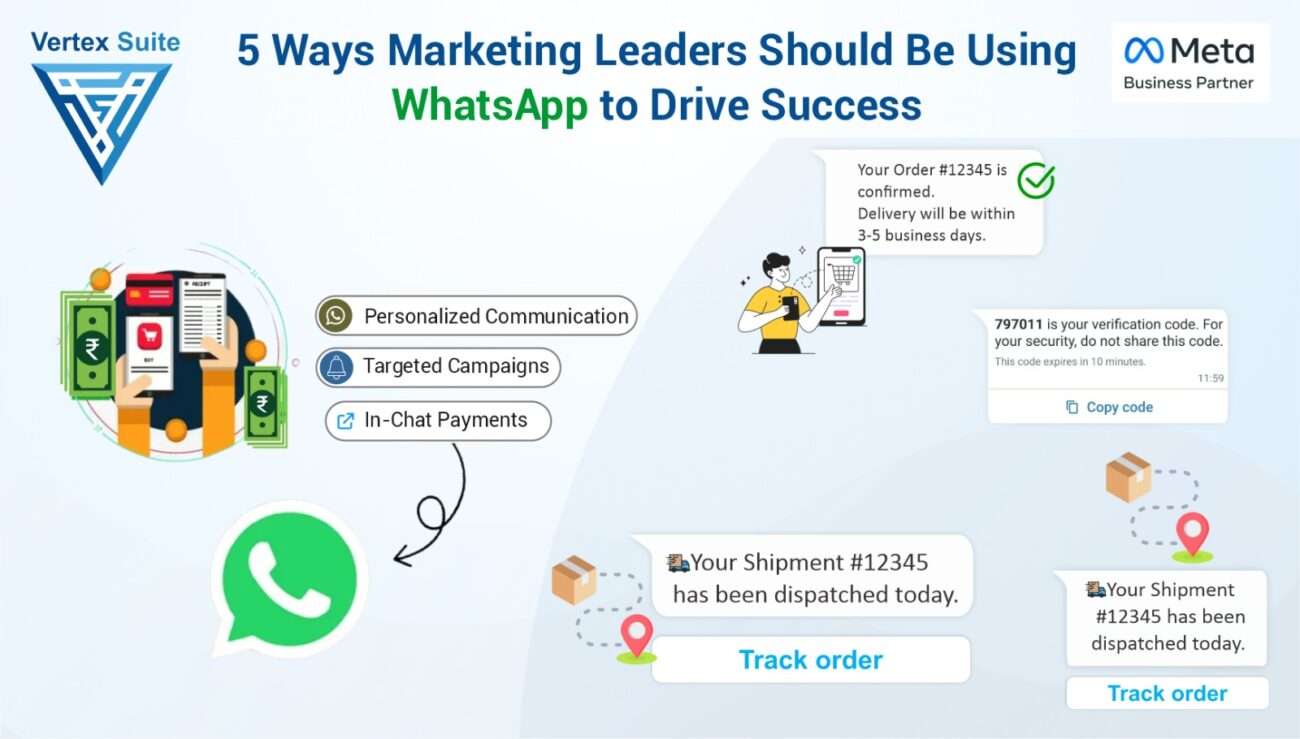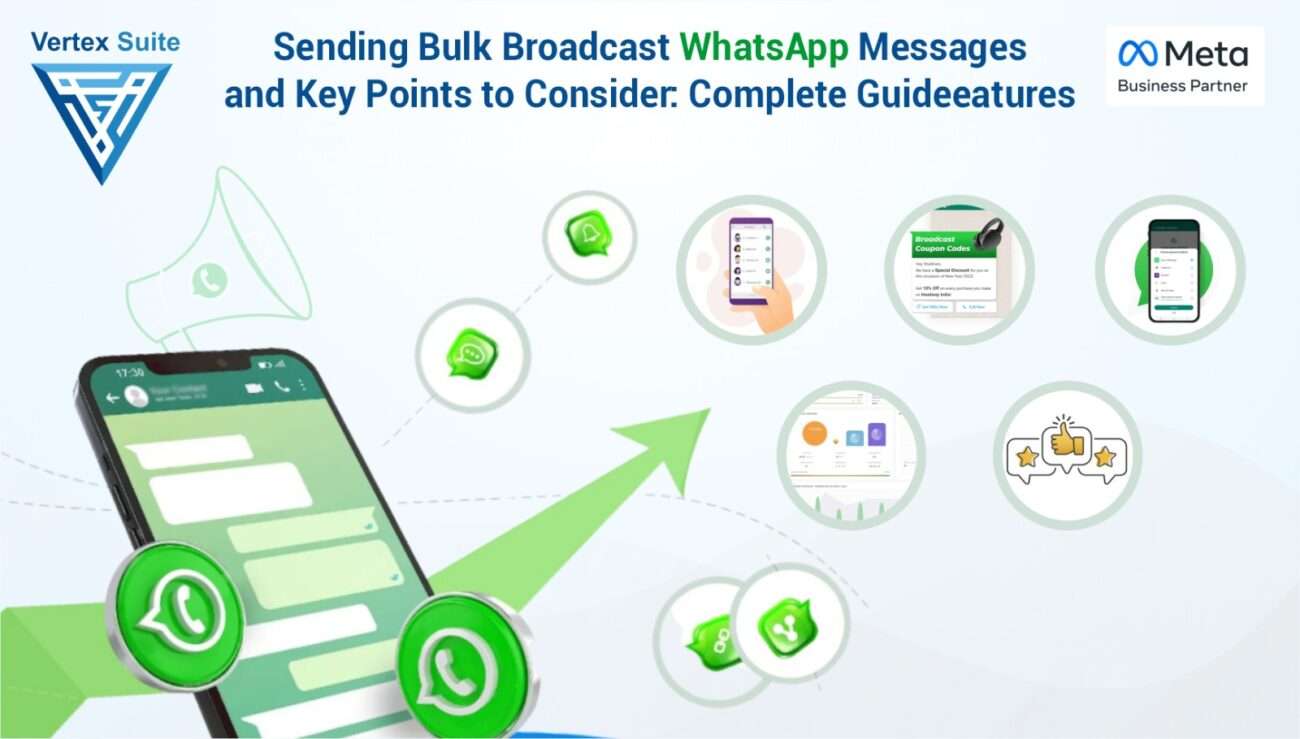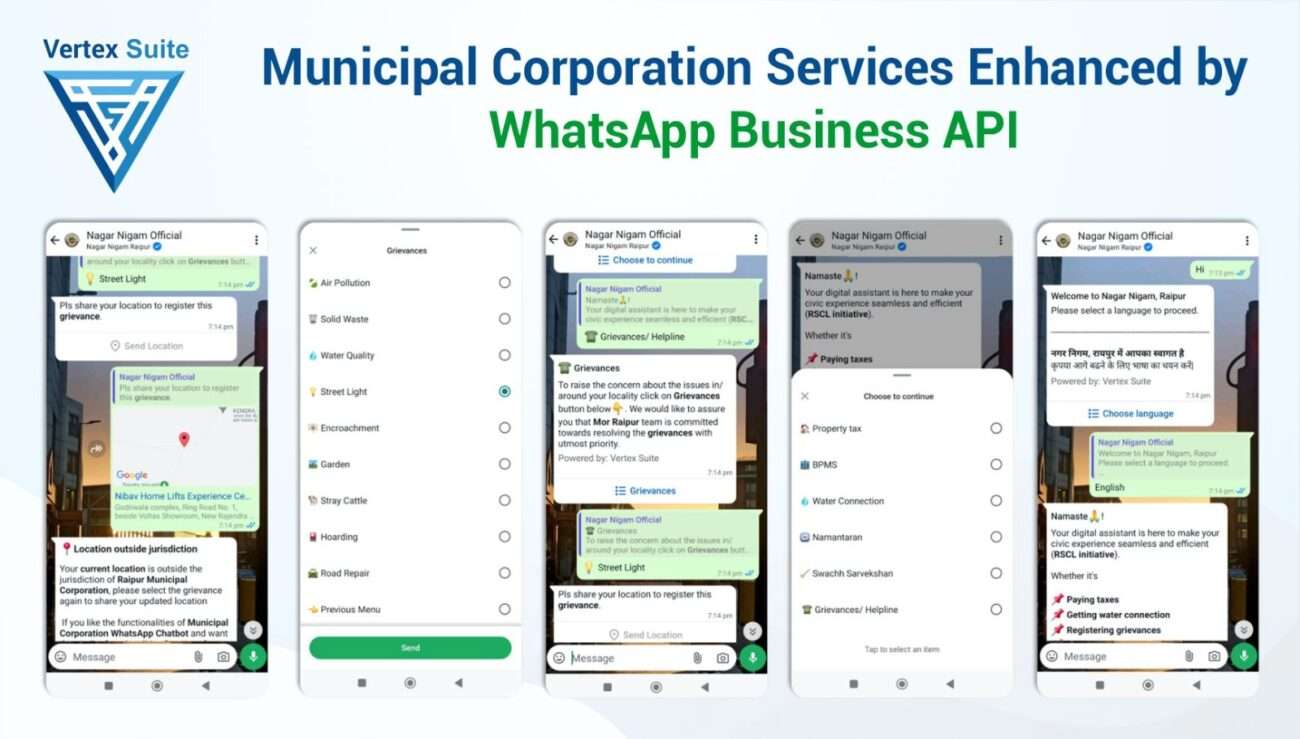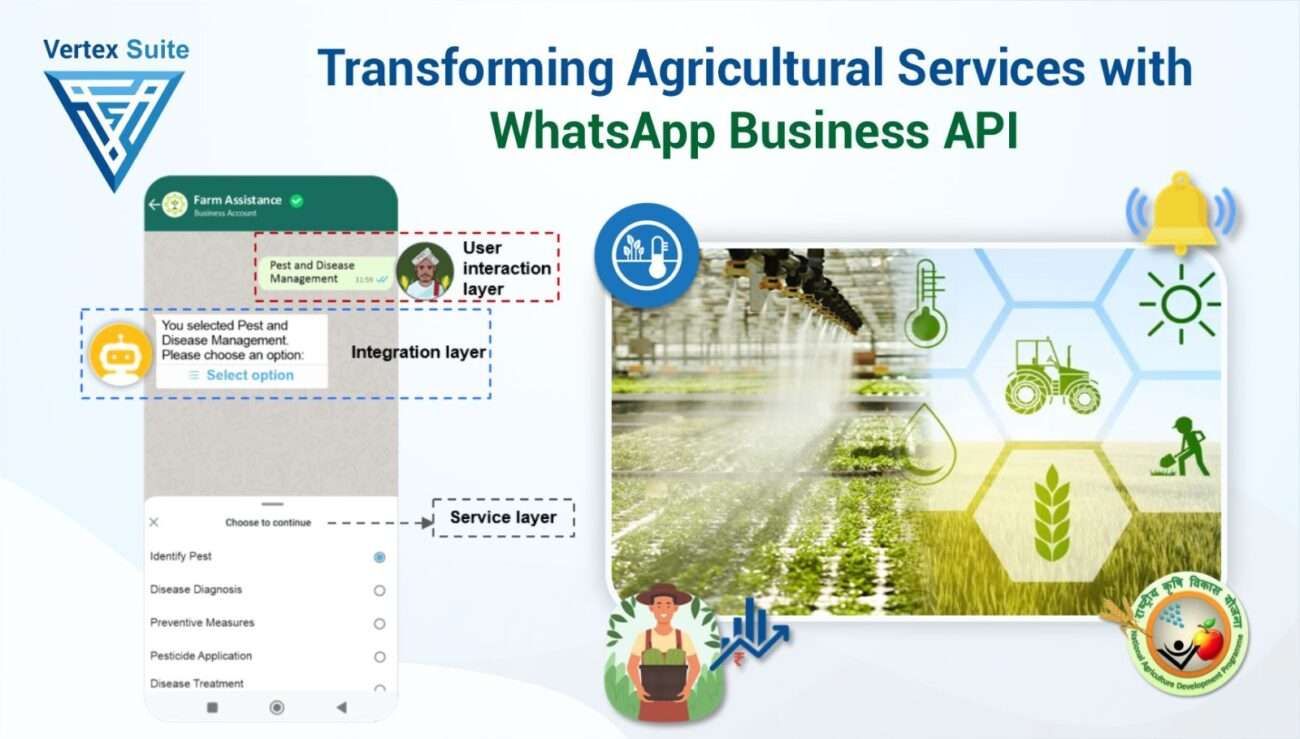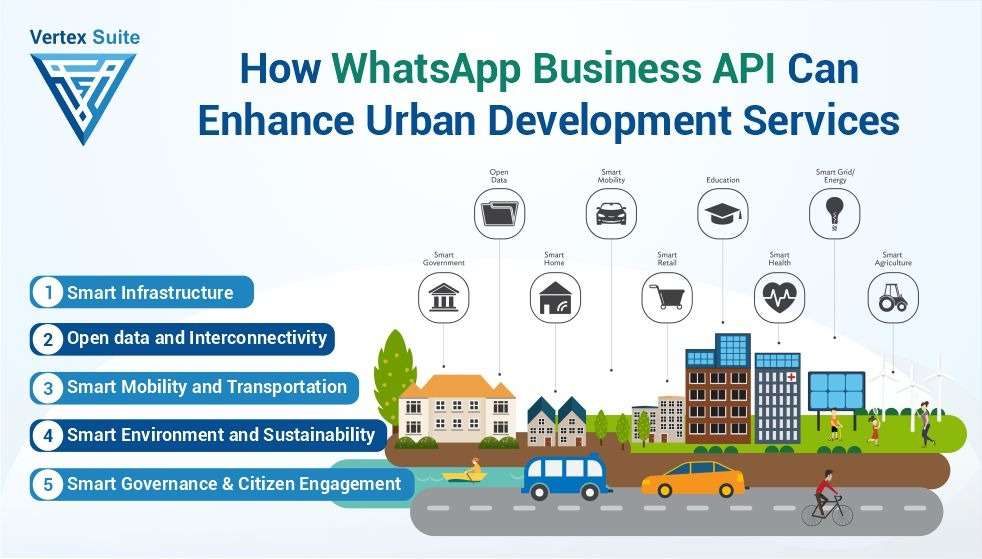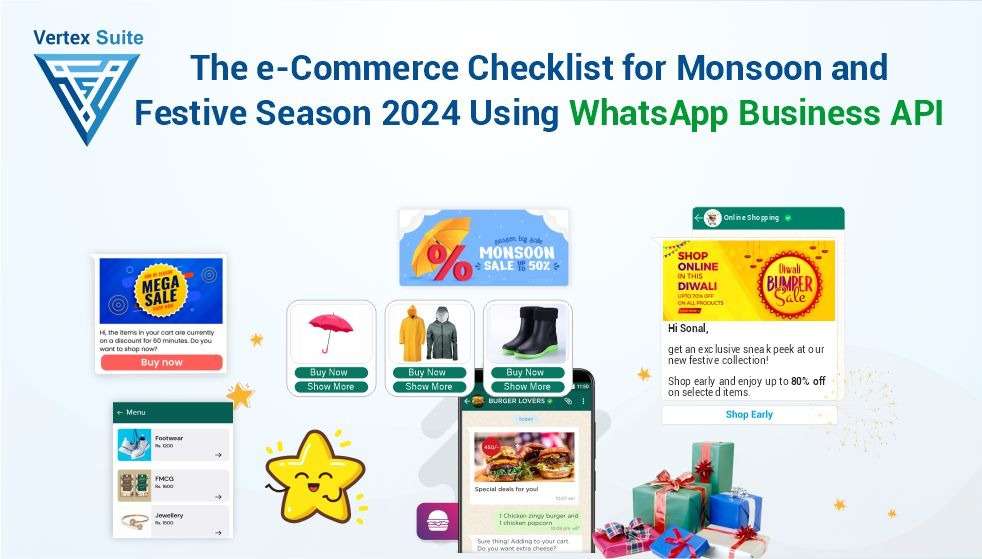Businesses are progressively implementing omnichannel communication strategies in today's digital environment to interact with their clients in a seamless manner across many touchpoints. WhatsApp API has become a potent instrument for improving omnichannel communication, enabling companies to communicate with clients instantly on the most widely used messaging app in the world. This in-depth guide examines WhatsApp's API's function in omnichannel communication, emphasizing how it integrates with other channels including social media, email, and SMS, and how companies may use this connectivity to provide a smooth and customized consumer experience.
1. Understanding Omnichannel Communication
The term "omnichannel communication" describes the process of combining several channels—like social media, messaging apps, email, and SMS—to give users a consistent and easy-to-use experience. Regardless of the channel a customer uses to contact with a business, the aim of omnichannel communication is to offer them consistent and tailored experiences across all touchpoints. Businesses may boost revenue, foster customer loyalty, and enhance customer happiness by implementing an omnichannel strategy.
2. The Rise of WhatsApp API in Omnichannel Communication
Businesses aiming to improve their omnichannel communication strategy are increasingly using WhatsApp API. With more than 2 billion users globally, WhatsApp provides businesses with an immediate, personal, and direct means of connecting with customers. Businesses can increase reach, boost engagement, and give customers a convenient and smooth communication experience by incorporating WhatsApp API into their omnichannel communication workflows.
3. Integrating WhatsApp API with Other Communication Channels
The seamless integration of WhatsApp API with other communication channels, including social media, email, and SMS, is one of its main advantages. Businesses may establish a unified and integrated communication ecosystem that enables standardized messaging and customized interactions across all touchpoints by integrating WhatsApp API with various channels. To increase conversions, firms can, for instance, send promotional offers via email and then follow up with customized messages on WhatsApp.
4. Leveraging WhatsApp API for Personalized Customer Interactions
Businesses may provide engaging, tailored client interactions with WhatsApp API, which improves the customer experience in general. Businesses can interact with customers in real-time, offer prompt service, and distribute appropriate material based on customer choices and behavior by utilizing technologies like multimedia messaging, chatbots, and automation. Businesses may enhance client relationships and foster loyalty by utilizing WhatsApp API to tailor customer interactions.
5. Best Practices for Integrating WhatsApp API into Omnichannel Communication
In order to optimize the advantages of WhatsApp API for omnichannel communication, companies had to adhere to recommended procedures that guarantee smooth integration and uniform communication. This entails getting permission from clients before sending them a WhatsApp message, offering material with added value, and preserving a unified brand voice across all platforms. To assess the success of their omnichannel communication initiatives, firms should also keep an eye on performance measures like open and response rates.
6. Case Studies and Success Stories
WhatsApp API integration has already proven successful for many firms when used in omnichannel communication strategy. Success stories and case studies demonstrate how companies have utilized WhatsApp API to boost sales, enhance customer engagement, and expand their operations. Businesses across a variety of industries, from service providers to e-commerce shops, have effectively included WhatsApp API into their omnichannel communication workflows to create a smooth and customized consumer experience.
Conclusion:
To sum up, WhatsApp API gives companies an effective tool for improving omnichannel communication and providing a smooth, customized client experience. Through the integration of WhatsApp API with other communication channels like social media, email, and SMS, businesses can increase their audience reach, boost engagement, and foster loyalty. WhatsApp API will become more crucial in providing significant and lasting consumer connections across all touchpoints as companies use omnichannel communication strategies.


